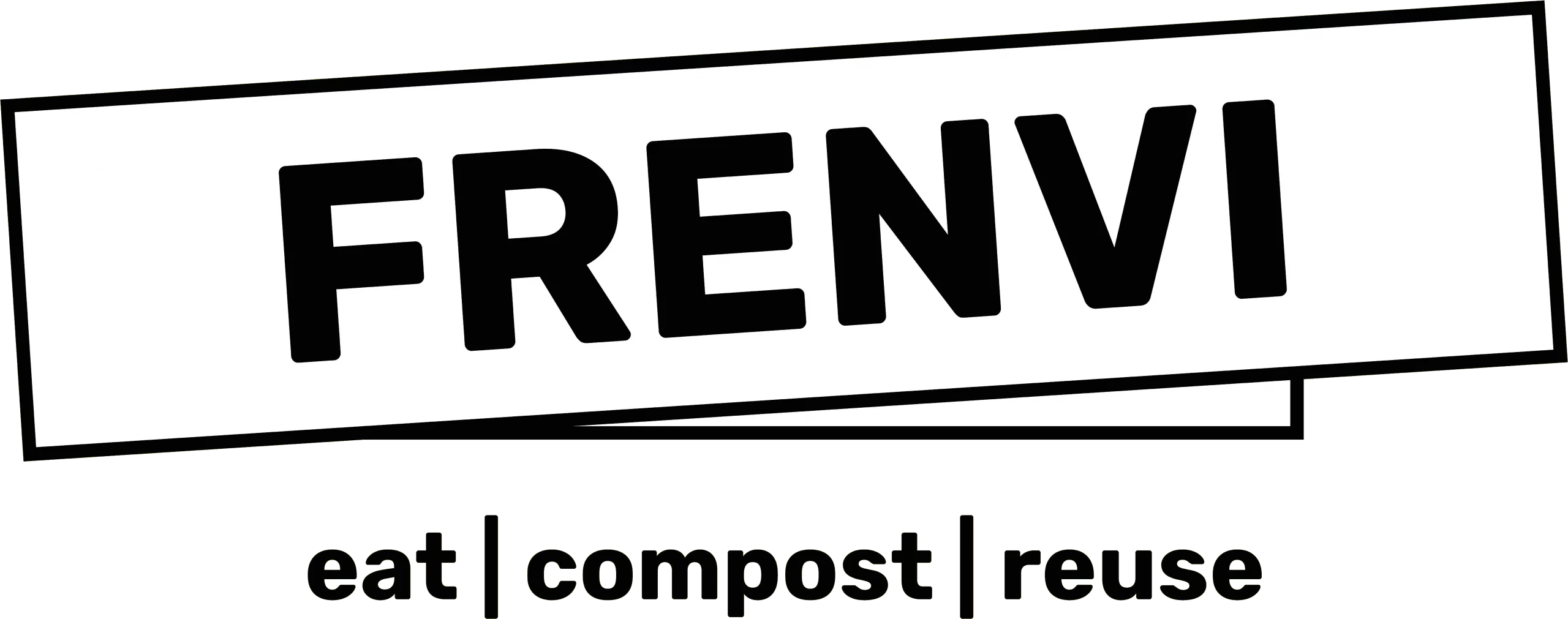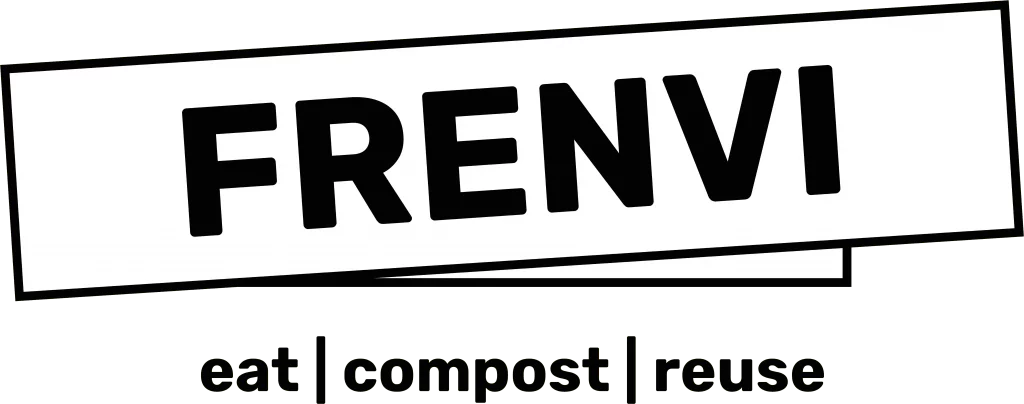RESEARCH PROJECTS
“Circular Bioeconomy” as a credo
The development and support of regional, sustainable upcycling concepts from residual materials – from the initial idea to the product ready for production – is the mission within the research activities at FRENVI. In this way, we support the move away from the linear, fossil economy towards a sustainable, bio-based and circular bioeconomy from research to practice. It is particularly important that no more waste is produced. Everything can be refined into valuable products and offers – FRENVI’s waste-to-value approach. This is the only way to use our earth’s resources responsibly.

We are looking at the question of how organic by-product streams and residues from the food and beverage industry can be turned into valuable materials through upcycling – and how these can ideally even be fed to a higher level of value creation. Valuable fibers should not be used directly for thermal purposes, but ideally multiple times in innovative cascade systems in order to conserve biogenic (and fossil-based) resources in the long term.
When return to the food cycle and material use is no longer possible, thermal recycling or composting is a desired end-of-life solution for the
production of energy, nutrients and culture substrates.
At the heart of FRENVI’s research activities is the self-developed CTC3DF process, which shapes primary and secondary fiber materials in an industrially scalable manner.
We are currently conducting several innovation and development projects on highly moist industrial waste materials that could be seamlessly integrated into the CTC3DF process without having to first dry them, which is energy- and cost-intensive.
1. DigiBioRaff
“Digitization of biorefinery concepts for the cascading use of biogenic side streams of the beer industry” (December 2022 – June 2024)
Funding: approx. 400,000 € (Ministry of Economic Affairs, Labour and Tourism Baden-Württemberg)
Partner: Biberach University of Applied Sciences (Prof. Heike Frühwirth)
In the context of breweries, FRENVI’s research team is investigating the cascading use of spent grains after the extraction process at the beginning of beer brewing together with process engineer Professor Heike Frühwirth from the “Industrial Biotechnology” department of our academic partner Biberach University of Applied Sciences.
What few people know: With an estimated 1.7 million tonnes, brewer’s grain is the largest volume of bio-based waste in Germany. Brewer’s grain is not ideal for thermal recycling or as animal feed.
In a two-stage, water-based process, we first extract existing minerals, among other things. The remaining fiber materials are refined into 3D-shaped tableware solutions. Completely bio-based and naturally compostable cutlery, cups and plates. The previously extracted minerals form the basis for the cultivation of spirulina algae in special reactors, which are in great demand in the pharmaceutical industry.
The brewer’s grains are thus used multiple times and optimally in cascades: beer and spirulina algae for human nutrition, bio-based tableware products as a sustainable alternative to disposable packaging – and finally as animal feed or energy supplier.

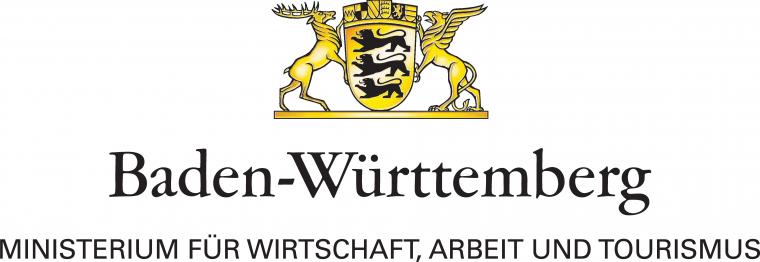
2. TEEBAU Project
Bio-based climate-neutral insulation solutions made from tea residues for the construction industry (October 2023 – December 2024)
Funding: approx. 1,500,000 € through “BIPL Innovation”
Project sponsors: VDI/VDE, Ministry of Food, Rural Areas and Consumer Protection Baden-Württemberg)
Partner: University of Hohenheim (Department of Conversion Technologies of Renewable Resources, Prof. Andrea Kruse), bwcon gGmbH and Vision Domes
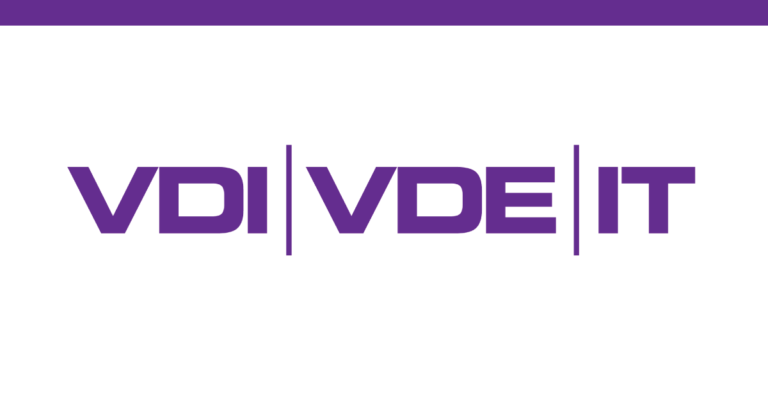

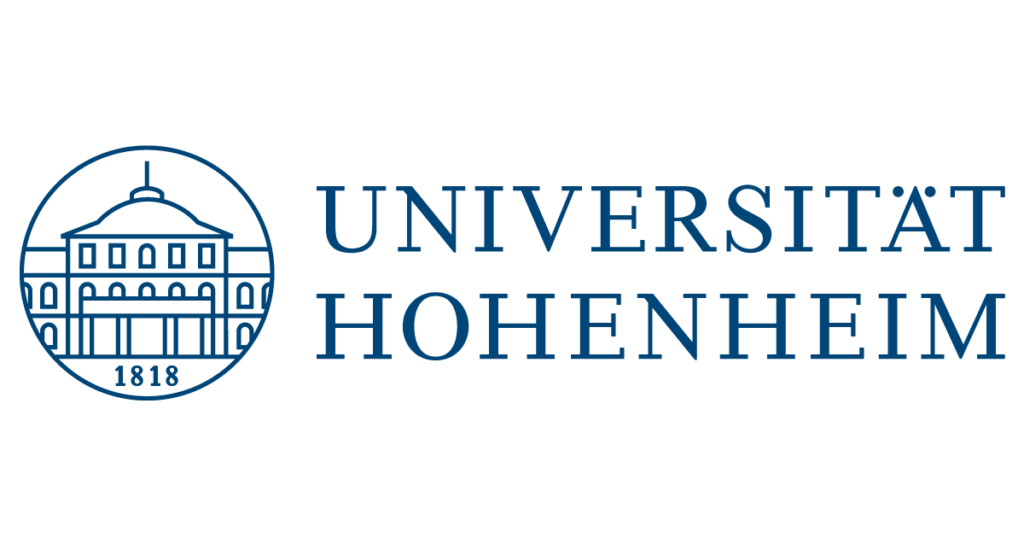

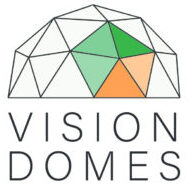
The latest greentech research project aims at environmentally friendly production of bio-based, natural insulation materials from tea grains for the construction sector.
Together with the project partners Vision Domes GmbH, bwcon research gGmbH and the University of Hohenheim, FRENVI has been analyzing
Since October 2023 to what extent tea leaves from industrial extraction processes (for example for the production of iced tea) are suitable for the production of sustainable and fully bio-based insulation materials. Current scientific studies promise excellent acoustic and thermal insulation properties of tea leaf fibers.
The bio-based insulation products to be developed would not only be resource- and environmentally friendly during production and would reduce energy consumption in buildings, but would also actively contribute to reducing greenhouse gas emissions. They bind more CO2 in the product than they consume during production over the entire life cycle. And as we know, the climate crisis is one of the greatest challenges of our time. In 2019, the building sector alone emitted 38% of global emissions (CO2 equivalents) for the production of building materials.
This research project therefore marks a significant step towards a circular and climate-friendly building materials industry.
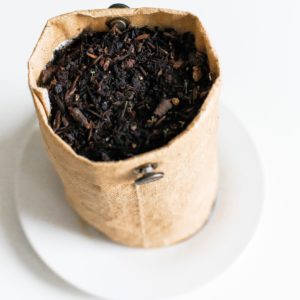
3. Seaweed & algae as marine fibre raw materials
For interested industrial partners or innovative startups:
If you:
- have a business interest in any of the above products,
- have a new idea for a product made of fibre materials or
- are looking for a product idea for a large amount of waste,
then please contact us directly.
Anyone who wants to play an active role in shaping the circular bioeconomy in other ways can also make use of our know-how and broad range of services in the field of research:
- Funding advice
- Life cycle analyses according to current scientific standards and ISO norms
- Biomass characterization and analysis of feedstocks, products and side streams
- Concept development for raw material diversification
- Planning and management of research projects


Markus Götz Head of Research & Development
With FRENVI you have young but experienced greentech experts with a diverse network at your fingertips. Interested?
Then we look forward to hearing from you.
